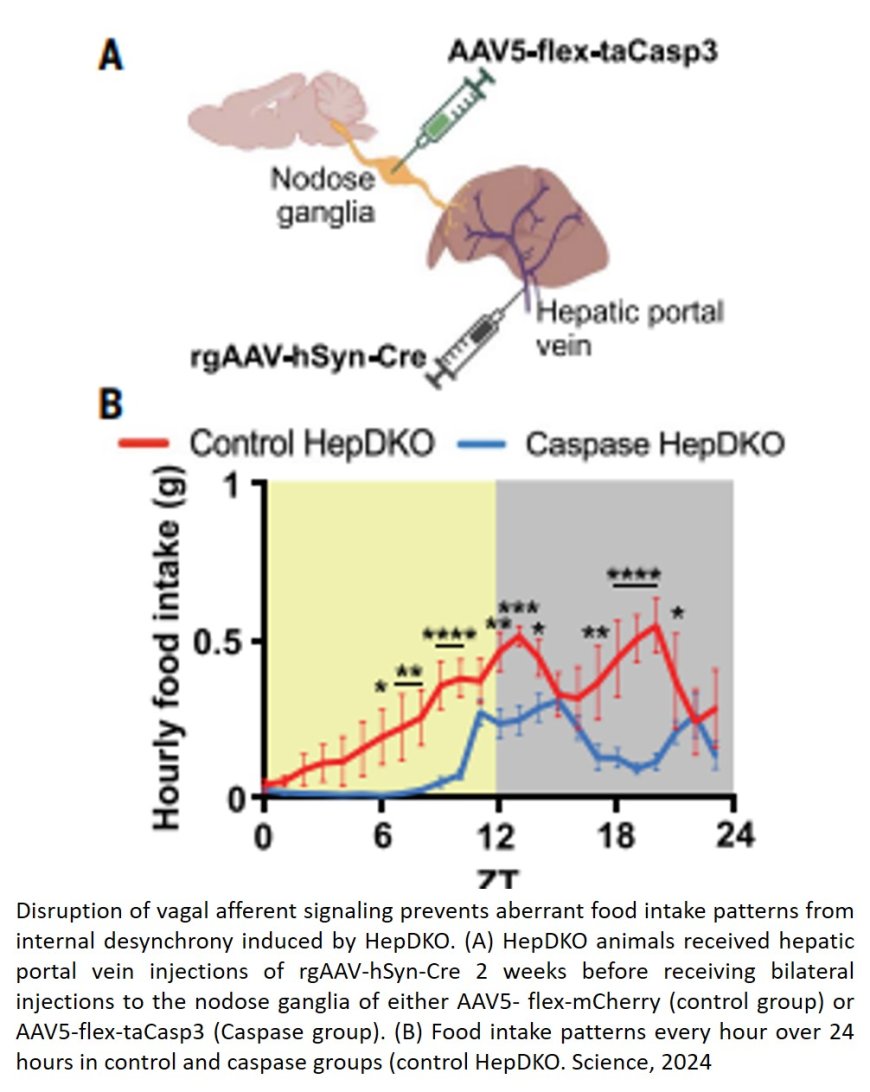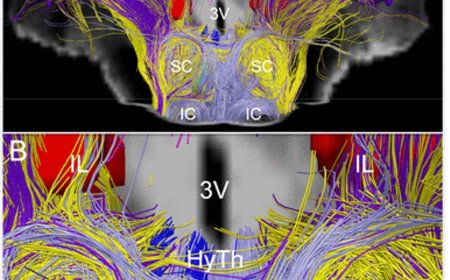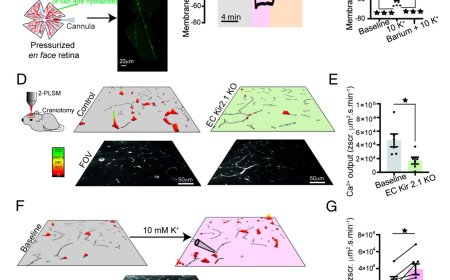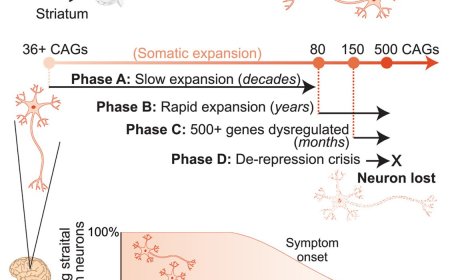Linking liver-brain communication to daily eating patterns

People who work the nightshift or odd hours and eat at irregular times are more prone to weight gain and diabetes, likely due to eating patterns not timed with natural daylight and when people typically eat. But is it possible to stave off the ill effects of eating at these “unusual” times despite it not being biologically preferable?
A new study says ‘yes’, and sheds light on how the body knows when to eat. The study, published in Science, explains how researchers discovered a connection between the liver's internal clock and feeding centers in the brain.
The team’s research showed that the liver sends signals to the brain via the vagus nerve, letting the brain know if eating is happening at a time that follows the body’s circadian rhythm. These signals can get disrupted from working unusual hours. The brain then overcompensates, leading to overeating at the wrong times.
"Both mice and humans normally eat at times when they are awake and alert, and this circuit provides feedback from the liver to the central clock in the brain that keeps the system running smoothly,” said the study’s senior author. “This feedback is through a nerve connection from the liver to the brain".
Researchers specifically targeted genes called REV-ERBs in the liver cells of mice. REV-ERBs are important proteins that help regulate the body's circadian rhythm. The body’s circadian rhythm is an internal 24-hour cycle that regulates various activities including sleep-wake cycles, hormone release, and eating habits. When these REV-ERB genes were turned off in mice -- making the liver have a faulty clock -- eating patterns shifted dramatically, with more food consumed during less active times.
The effects were reversible. Cutting the nerve connection in obese mice restored normal eating patterns and reduced food intake. “This suggests that targeting this liver-brain communication pathway could be a promising approach for weight management in individuals with disrupted circadian rhythms,” said the lead author.
The research team suggests that targeting specific parts of the vagus nerve could help people who work night shifts or experience jet lag by addressing overeating caused by disrupted body clocks. “These findings open the door to future therapies that can target specific neural pathways to help those struggling with metabolic disorders caused by irregular eating schedules. Future research should focus on what kind of chemical signals the liver sends to the vagus nerve, to help us understand how the liver affects the brain and the body through this communication.”













